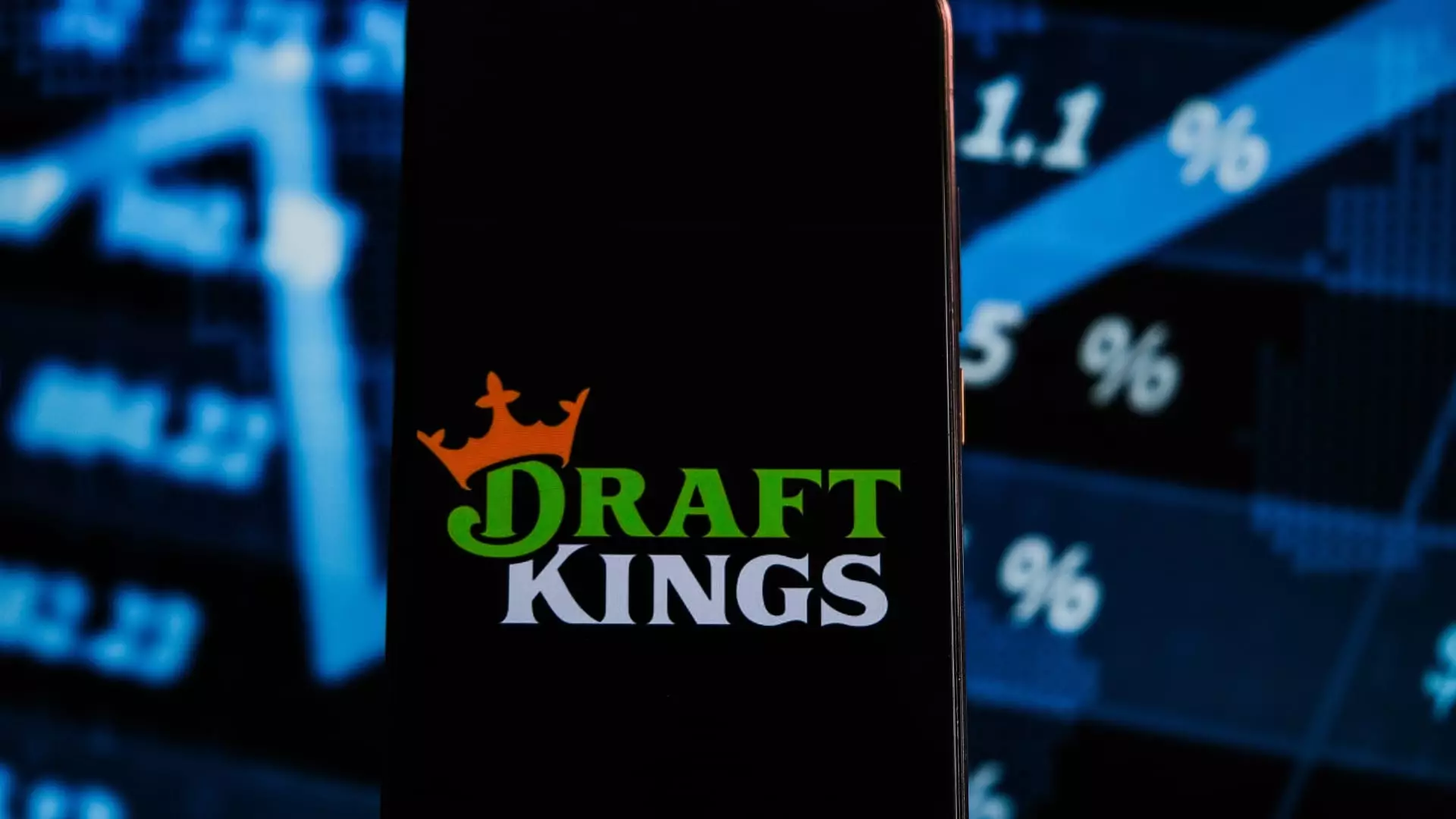The world of online sports betting stocks has faced a stark jolt following the recent budget approval in Illinois. With a surprising increase in taxes levied against sports wagers, Illinois lawmakers have sent shockwaves through the industry, eliciting widespread concern among investors. DraftKings’ shares took a nosedive of over 6%, while Flutter Entertainment experienced a decline of more than 2%. This swift reaction showcases the market’s sensitivity to taxation policies, particularly when they affect the core profitability of burgeoning sectors like digital gambling.
Investor Anxiety Peaks
The newly approved Illinois budget includes an alarming tax structure that imposes fees of 25 cents per wager on the first 20 million bets each fiscal year, which subsequently skyrockets to 50 cents thereafter. This sharp escalation is more than just a revenue-generating measure; it serves as a dire warning to investors that the taxman could be lurking around the corners of other states considering similar strategies. The acute anxiety felt by investors is palpable as stocks like DraftKings and Flutter’s FanDuel appear poised to take a particularly harsh hit.
Barry Jonas, an analyst from Truist, describes this tax initiative as a “last-minute surprise,” hinting that it is the second consecutive year Chicago has enforced unforeseen levies on the sports betting sector. With Illinois now among the highest taxing states in terms of online betting, the market is left grappling with the volatility of investing in a taxed industry that has already showcased rapid growth.
The Ripple Effect on Competitors
While larger competitors such as DraftKings and Flutter may navigate the turbulent waters more effectively due to their extensive market reach, the harsher tax implications could hit smaller operations significantly harder. Jonas notes that while the giants are likely to surpass the initial 20 million wager cap, the ramifications for smaller players could be “modest,” underscoring a troubling dichotomy within the industry. The impact on smaller enterprises is particularly concerning in an already fiercely competitive landscape.
MGM Resorts and Penn Entertainment, with their respective sports betting platforms, also witnessed stock declines, marking a concerning trend across the board. If the momentum continues, one can’t help but consider the origin of these tax pressures. What strategies should states adopt to rectify budget deficits without resorting to stringent taxation measures that stifle a thriving new economy? This question looms large as states turn to gambling as a potential solution.
The Larger Implications for State Budgets
As Illinois’ drastic fiscal measures resonate throughout the industry, investors are left to ponder if other states will soon follow suit. Current figures from the Tax Foundation highlight dramatic disparities in statewide tax rates on online sports betting, ranging from an exorbitant 51% in states like New York to a meager 6.75% in Nevada and Iowa. With only 27 states, plus Washington D.C., allowing online betting, the terrain is ripe for state governments seeking new revenue streams.
The specter of increased taxation on online wagering isn’t just a local issue confined to Illinois; it’s a potential trend that could extend into even the most business-friendly environments. This legislation not only dampens the potential for investor returns but raises a fundamental question: at what point do the taxation measures on burgeoning sectors become counterproductive? The balance between effective governance and stifling growth is precarious, and the sports betting industry may soon feel the consequences of this misalignment.

